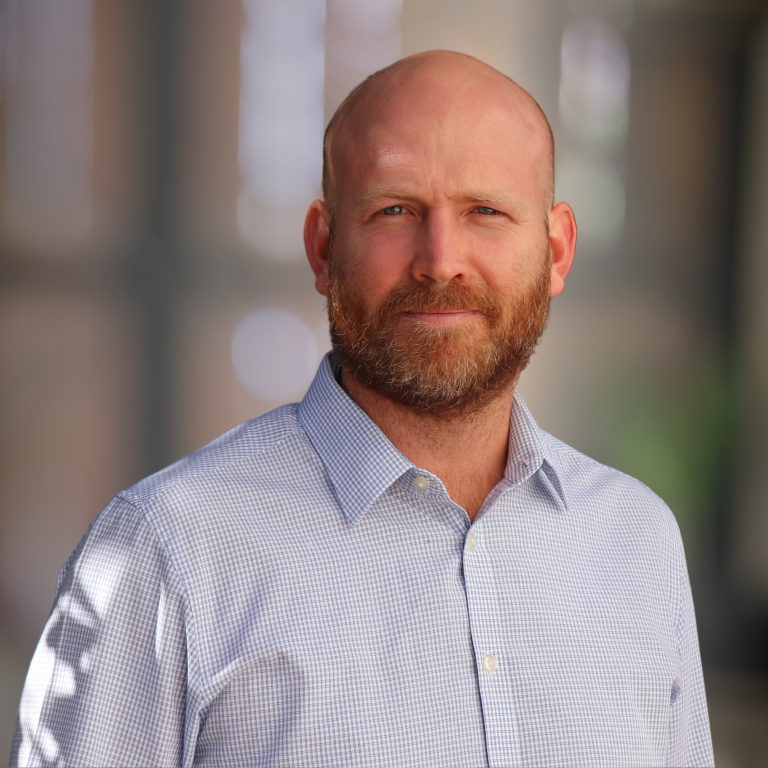BUSINESS NEWS - How much money is enough?
It’s one of those questions that comes up all the time. With clients. With friends. In your own head some days. And depending on who you ask, you’ll get very different answers.
I recently listened to a podcast of Brian Portnoy talking about his new book The Geometry of Wealth - it’s about how to shape a life of money and meaning.
It left me thinking deeply about how we relate to money, and what it’s actually for.
These are some of the insights that stuck with me.
Step one: Eliminate misery
Start with Maslow’s hierarchy of needs — food, shelter, safety. Money plays a critical role here.
If you can’t cover the basics, life is incredibly hard. In this context, money does buy happiness - or at least it buys the absence of misery, which is a big first step.
This is where money is most powerful. It helps you get out of crisis mode. It gives you breathing space. It gets you off the back foot.
But it doesn’t stop there
Once your basic needs are covered, the impact of each extra rand or unit of currency starts to taper off.
Portnoy cites various studies — some say happiness peaks at $70 000 a year (assuming a PPP of R12, this works out to about R840 000 per year in purchasing power), others say $500 000 (about R6m with the same assumptions).
Either way, it’s clear that after a certain point, more money doesn’t move the needle in the same way.
Part of the reason is how we define happiness. There’s the day-to-day “am I in a good mood?” kind of happiness.
And then there’s the deeper stuff - purpose, contentment, direction. Money has a limited effect on the first, but it can play a big role in the second - if it’s used with intention.
Purpose matters
When your money is aligned to your goals — whether that’s funding retirement, helping your kids, travelling more, or simply having peace of mind — it becomes useful. It supports your version of a good life.
When it’s not aligned to anything, it becomes what Portnoy calls “purposeless capital.” Think of someone chasing returns with no plan. Or someone obsessed with growing their wealth but unsure what they’re even building toward.
That’s the kind of money that tends to lead people astray. Perhaps that is more of a type of sickness.
The comparison trap
And then there’s the social side of all this.
We’re wired to compare. And it hurts. There’s a classic thought experiment: would you rather earn R1 million a year in a town where everyone else earns R800,000? Or R2 million in a town where everyone earns R3 million?
A lot of people pick the first. They’d rather feel ahead than be ahead. That’s how deep our need for status and relative safety runs.
The problem is, comparison is endless. There’s always someone richer, earlier retired, more diversified. And the more we focus on others’ progress, the less clarity we have around our own.
Anchor it with a plan
This is where financial planning becomes more than just maths. A plan helps you define your enough. Not your neighbour’s. Not your boss’s. Yours.
When you have clarity on your goals, your time horizon, your risks - suddenly you’re not reacting to every headline or every friend who made a killing on crypto. You’ve got a direction. You know what you're building towards.
I sometimes encourage clients to carve out a small portion of their portfolio to manage themselves.
We control the risk by keeping this allocation small - typically just a few percent. I think it’s healthy for clients to have their finger on the pulse of what’s happening. It gives you a sense of what it’s like to go through periods of volatility, like we’re seeing now.
It’s one thing to watch the market swing when it’s 2% of your money. It’s another thing entirely when it’s 100%. That’s not just numbers on a screen - it’s the future consumption of your life going up and down.
Still want to do it yourself?
Funded contentment
Money isn’t the goal. A funded life is. That’s where the real value lies.
If you're clear on what you want, and your money is working toward that, it becomes a source of stability. If you’re chasing more for the sake of more, or because your cousin just upgraded their car, it quickly becomes a source of stress.
Enough looks different for everyone. The hard part isn’t hitting a number - it’s deciding what the number is for.

Matthew Matthee has a wealth management business that specialises in retirement planning and investments. He writes about financial markets, investments, and investor psychology. He holds a Masters Degree in Economics from Stellenbosch University and a Post Graduate Diploma in Financial Planning from UFS. MatthewM@gravitonwm.com
‘We bring you the latest Garden Route, Hessequa, Karoo news’















